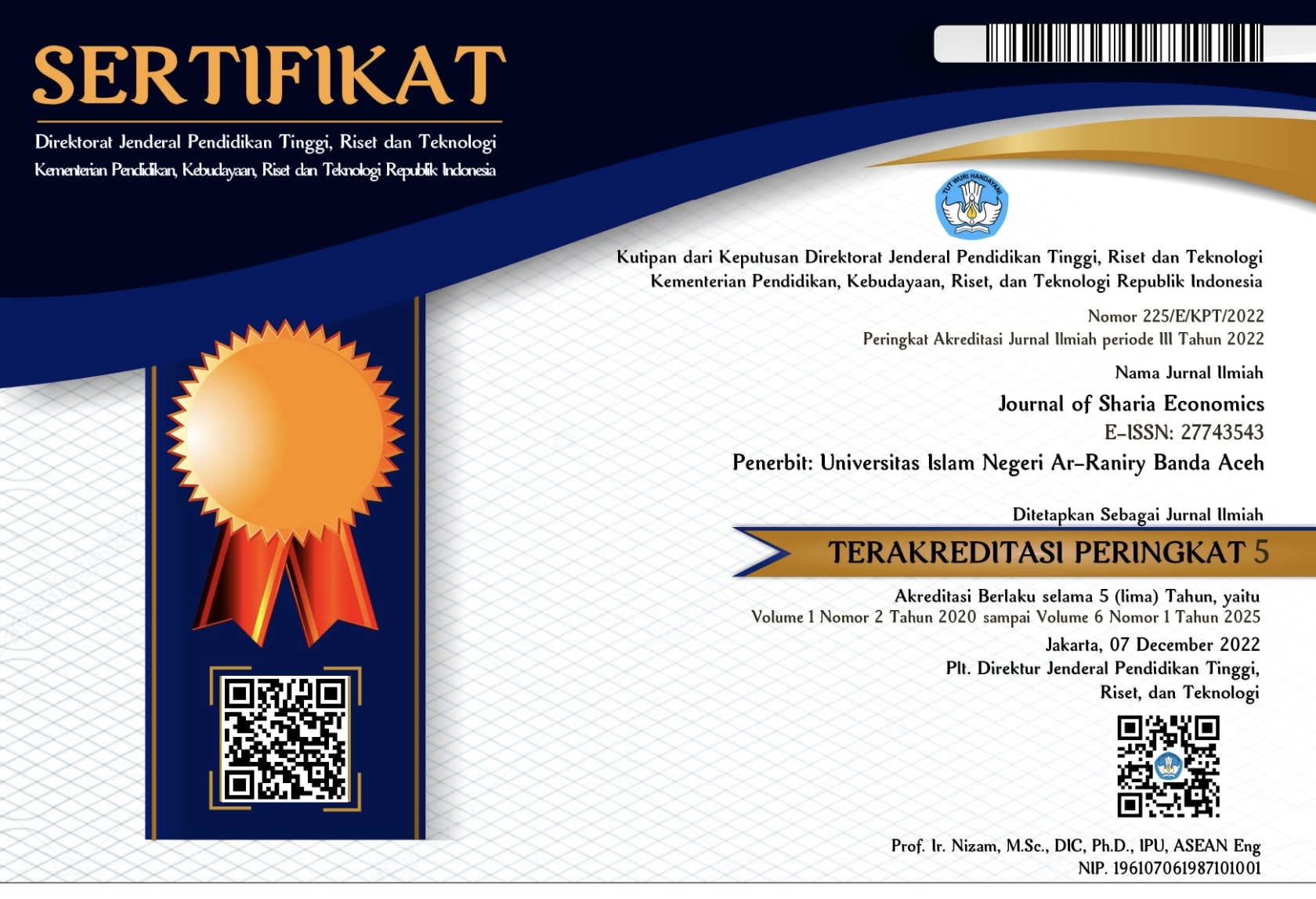FAILURE HANDING STRATEGY FOR MICRO PEOPLE BUSINESS CREDIT (KUR)
DOI:
https://doi.org/10.22373/jose.v4i1.2457Keywords:
Micro KUR, Strategy, Default, 5C Principle, 3R TechniqueAbstract
The smooth operation of the loans released cannot be guaranteed since under certain circumstances, whether intentionally or inadvertently, the debtor breaks his word, making it difficult for Bank BRI Salobulo Kota Palopo to accept the return of the loans that have been given. This study aims to determine the strategy carried out by BRI Salobulo Unit in dealing with KUR Micro credit defaults and the causes and solutions for the handling strategy. The type of research used is qualitative research through interactive data analysis that produces descriptive data, in the form of a fact with the right interpretation to obtain a systematic, factual and accurate picture or painting of facts, characteristics, and the relationship between the phenomenon under study. The results showed that the default on Micro KUR Loans at the BRI Salobulo Bank, Palopo City occurred because the debtor was late in paying his credit bill when it was due. The strategy for handling default loans is adopted by Bank BRI Salobulo Unit through a risk mitigation strategy (preventive) by analyzing customer eligibility with the 5C principle. The rescue strategy (repressive) is carried out by restructuring credit, which is re-launched with the 3R technique (Rescheduling, Reconditioning, Restructuring). If the customer is not cooperative, then the handling is through a settlement strategy (aggressive) by litigation and by selling under the hands. After mapping the SWOT matrix, several strategies are appropriate, and the strategy focuses on the ST strategy.
Downloads
Published
Issue
Section
License
Copyright (c) 2023 Arhami, Adzan

This work is licensed under a Creative Commons Attribution 4.0 International License.












